How Carnegie Mellon Football Coaches Are Leveraging Chess for Leadership
At Queenside Ventures, we believe that chess is more than just a game—it’s a blueprint for leadership. Whether you’re managing a company, building a brand, or coaching a football team, the lessons from the chessboard can elevate how you think, lead, and perform. That’s why we were thrilled to bring our signature chess leadership development session to the coaching staff of Carnegie Mellon University Football.
This collaboration wasn’t just about introducing chess to a new audience—it was about unlocking deeper levels of strategic awareness, team synergy, and adaptability among one of the most influential units in any football program: the coaches.
Coaching Strategy Through the Chessboard
When you think about what it takes to lead a football team—anticipating an opponent’s next play, aligning players for maximum impact, adapting when the game shifts—it sounds a lot like a game of chess. Every piece has a purpose. Every move demands foresight. And every decision, whether made in seconds or studied over time, can determine the outcome of the game.
During our session with CMU Football’s coaching staff, we explored this exact concept: how chess can sharpen coaching strategy by providing a tangible, visual framework for complex decision-making. We asked questions like, “If you were a chess piece, which would you be?”—not just for fun, but to ignite conversation about roles, responsibilities, and leadership identity on and off the field.
One coach offered a response that has stayed with us: “Rookies are like pawns.” That reflection goes far beyond metaphor. Pawns, often underestimated, can become the most powerful pieces in the game—but only through resilience, growth, and tactical development. Just like rookies, their journey is never easy. But it’s filled with potential.
Why Chess Resonates with Coaches
Our session at CMU wasn’t about turning coaches into chess champions. It was about giving them a new lens to view the game of football—and leadership itself.
Chess builds:
Mental agility: The ability to think five moves ahead, anticipate different outcomes, and adjust in real-time.
Positional awareness: Knowing when to step up, when to hold back, and how to work in sync with every "piece" on the field.
Pattern recognition: Seeing plays not just as isolated decisions but as part of a bigger picture strategy.
These are the same mental muscles coaches use every day—but through chess, we stretch and strengthen them in new ways.
A Game That Builds Culture
What made our time with CMU Football especially meaningful was the openness and curiosity of the coaching staff. They saw chess not as a separate pursuit, but as a powerful extension of their coaching philosophy.
When a team culture encourages strategic reflection, it unlocks a new level of performance—not just from players, but from the people guiding them. Chess gave the CMU staff a shared language for leadership. It sparked discussion, laughter, and insight. It was less about kings and queens and more about communication, clarity, and intentionality.
Looking Ahead: The Future of Chess in Athletics
Our work with CMU Football is part of a growing movement at Queenside Ventures: using chess to empower athletes, coaches, and organizations to think more strategically and lead more effectively. We’ve seen this work in NFL locker rooms, college programs, corporate retreats, and community huddles. And we’re just getting started.
In a sports world increasingly focused on mental performance, chess is the secret weapon. It’s the game that trains you to slow down, assess, and strike when the time is right. And for teams like Carnegie Mellon, it’s an opportunity to deepen leadership from the top down.
If you’re a coach, athlete, or organization looking to enhance your team’s mindset and leadership, we’d love to connect. At Queenside Ventures, we turn the chessboard into a training ground for real-world success.
Ready to play smarter? Get in touch.

